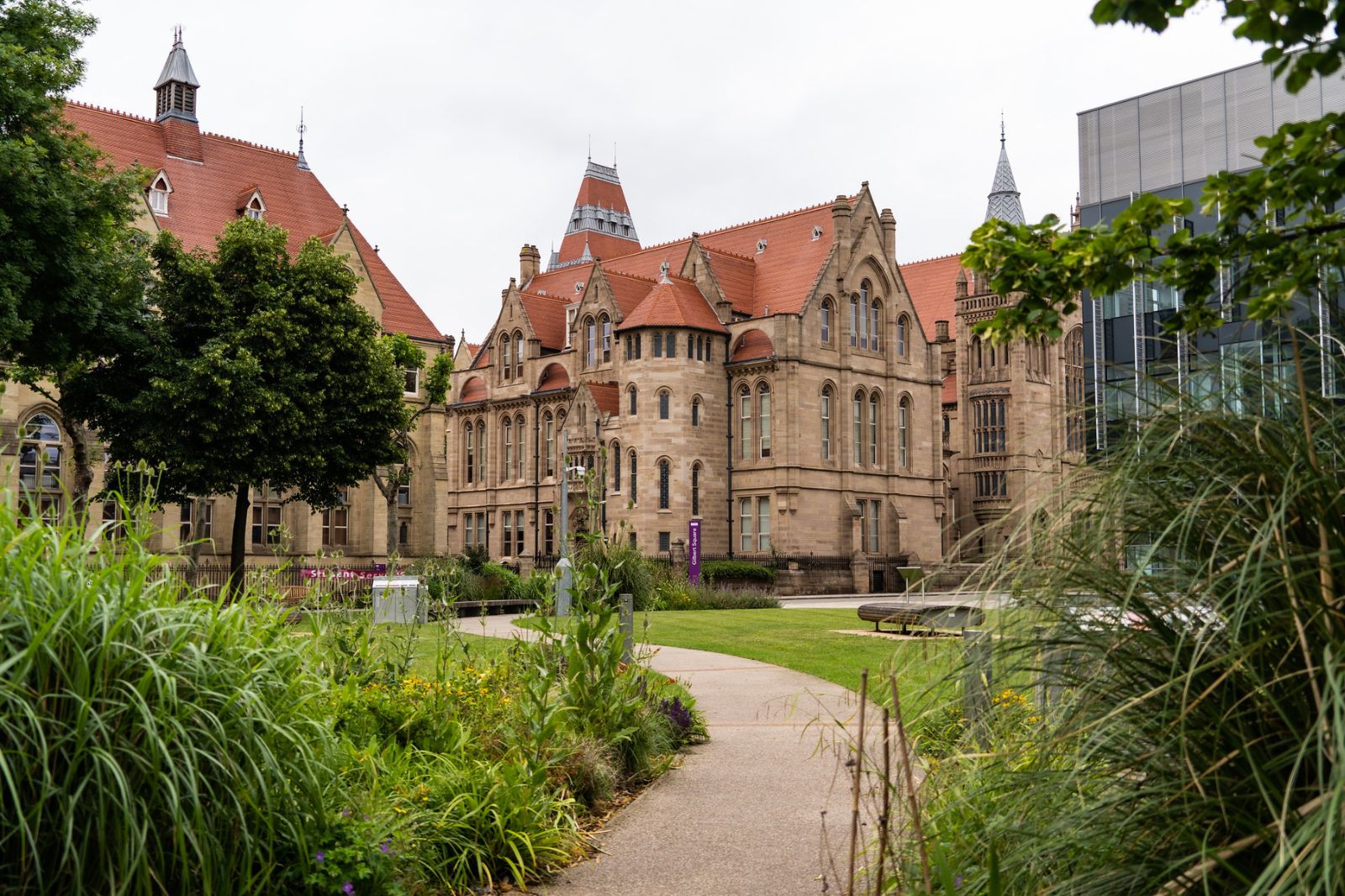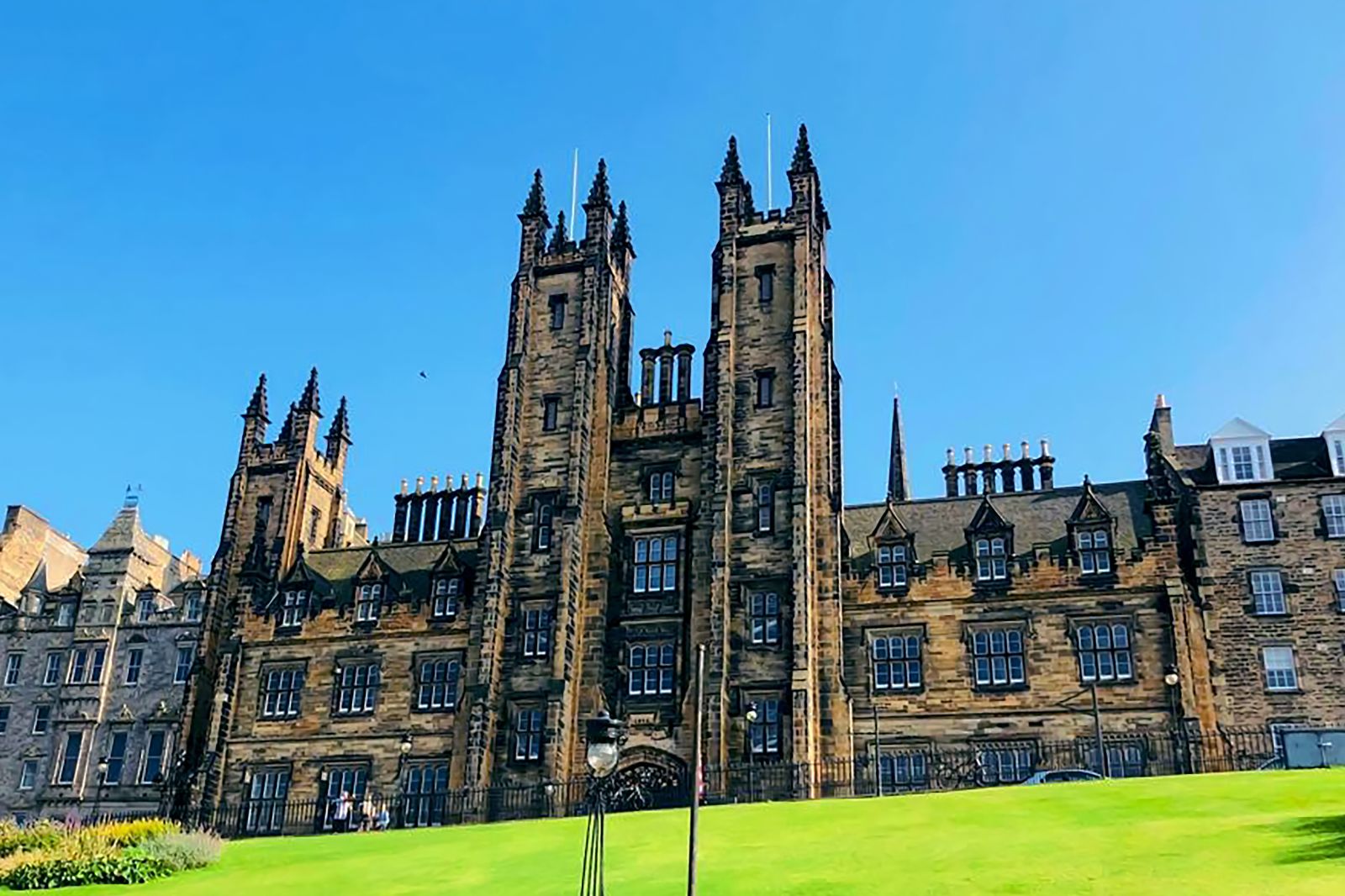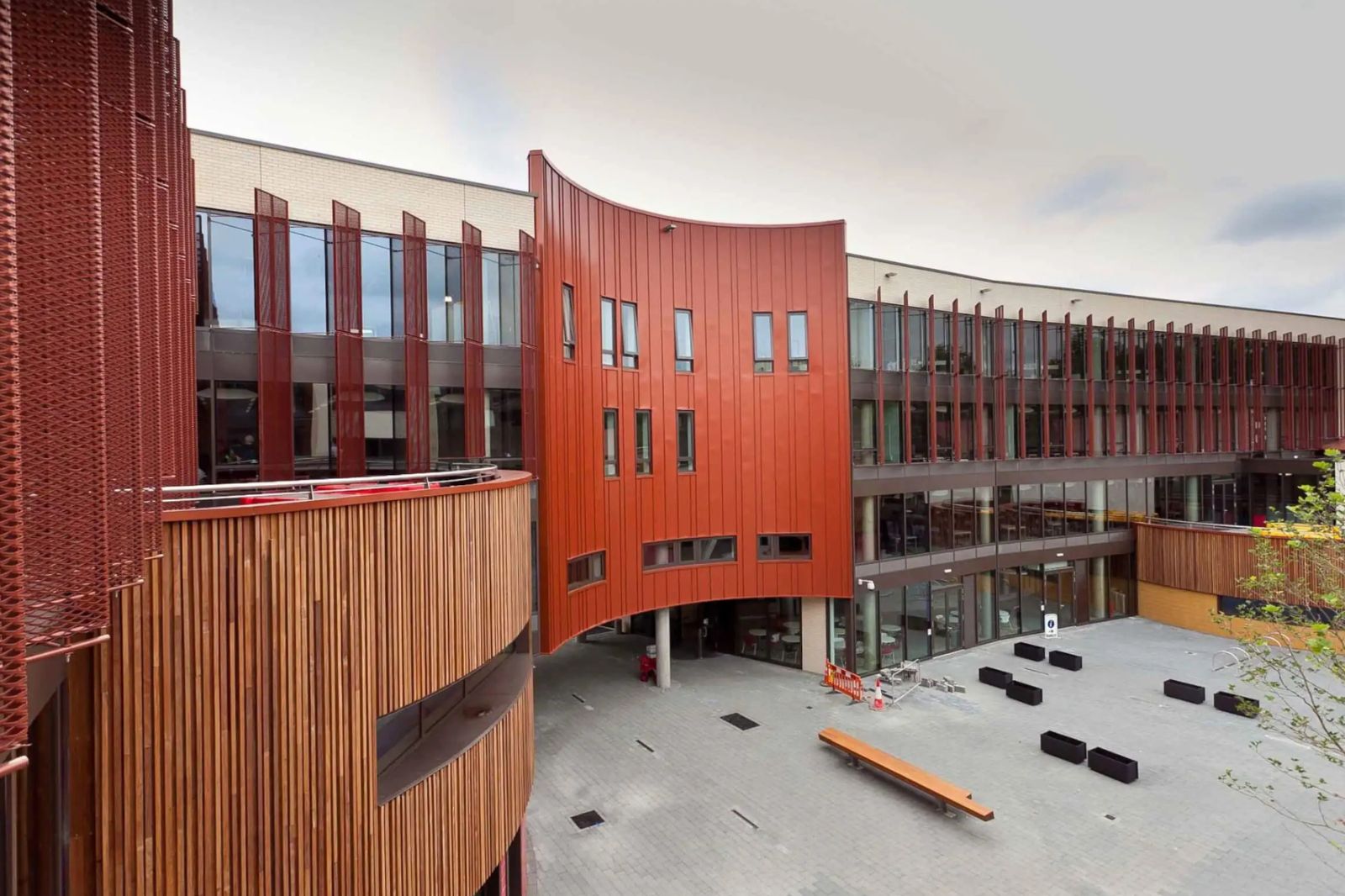The United Kingdom (UK) stands as a top global destination for higher education, cultural exchange, and innovation. Consisting of England, Scotland, Wales, and Northern Ireland, the UK is known for its deep historical roots, scenic landscapes, and vibrant multicultural society. With some of the world’s most prestigious universities, the UK offers a world-class academic environment, making it a leader in research, learning, and intellectual development.
Reasons to study in United Kingdom
Exceptional Education:
The UK is home to some of the world’s most historic and esteemed universities, including the University of Oxford and the University of Cambridge. These institutions are internationally acclaimed for their outstanding teaching, groundbreaking research, and innovative approaches to education. Earning a degree from a UK university equips students with a strong advantage in the global job market.
Rich Cultural Diversity:
The UK embraces a blend of cultures, languages, and traditions, making it a dynamic and inclusive place to study. A substantial number of international students contribute to a lively academic atmosphere, fostering cross-cultural interactions and global networking opportunities. This diversity allows students to exchange ideas and gain insights from peers with unique perspectives.
Abundant Career Prospects:
The UK education system places strong emphasis on hands-on learning and professional engagement. Universities collaborate with industry leaders to offer internships, work placements, and career networking events. Graduates from UK institutions are highly sought after, with many securing employment within six months of finishing their studies.
Comprehensive Student Support:
Student well-being is a top priority in the UK, with universities offering extensive support services, including academic guidance, mental health counseling, and assistance for international students. Many institutions provide mentoring programs and language support to help students transition smoothly into their new academic and social environment.
Accelerated and Flexible Programs:
UK degree programs are often shorter in duration compared to those in other countries. Undergraduate courses typically last three years, while master’s programs can be completed in just one year. This structure enables students to finish their studies more quickly, reducing costs while still benefiting from a world-class education.
600K+
International Students
83%
Employability Rate
160
Universities
3000+
Scholarships
2 Years
Work Visa
96%
Visa Approval Rate
An Overview of United Kingdom Comprehensive Education System.
The UK education system is renowned for its academic excellence and global recognition, offering a wide range of programs tailored to international students.
Universities provide undergraduate degrees (typically 3 years), master’s programs (1 year), and doctoral studies (3-4 years), with a strong emphasis on research and practical application.
The system encourages independent learning and critical thinking, supported by world-class facilities, experienced faculty, and extensive resources.
International students benefit from a diverse, inclusive environment and access to scholarships, internships, and post-study work opportunities, making the UK a top destination for higher education.
1. Primary and Secondary Education
The UK provides free and compulsory education for children aged 5–16, divided into primary (5–11) and secondary (12–16) levels.
2. Further Education
The UK provides free and compulsory education for children aged 5–16, divided into primary (5–11) and secondary (12–16) levels.
3. Higher Education
Universities offer undergraduate degrees (3–4 years), master's programs (1–2 years), and doctoral studies (3–4 years).
4. Quality Assurance
The UK is known for rigorous academic standards and quality assurance by bodies like the Quality Assurance Agency (QAA).
TOP UNIVERSITIES
Tuition fees in the UK range from £10,000 to £26,000 per year for international students, depending on the course and university. Medical and MBA programs can be higher, ranging from £30,000 to £50,000 annually.

Imperial College London

University of Oxford

University of Cambridge

London School of Economics

University College London

University of Manchester

King’s College London

University of Warwick

University of Edinburgh

Anglia Ruskin University

University of Heartfordshire

De Montfort University

University of Chester

University of Glassglow

University of Nottingham

University of Birmingham

Durhan University

International College Dundee
Study in UK Universities
These programs are designed to equip students with practical skills, theoretical knowledge, and global perspectives.
Business Management
Covers fields like accounting, marketing, and entrepreneurship, preparing students for roles in global business environments.
Engineering and Technology
Offers specializations such as civil, electrical, and software engineering, focusing on innovation and real-world applications.
Health and Medicine
Includes nursing, public health, and medicine, providing top-notch facilities for clinical training and research.
Arts and Humanities
Encompasses history, literature, and creative arts, fostering critical thinking and cultural understanding.
Social Sciences
Explores psychology, sociology, and political science, addressing societal challenges and global issues.
Information Technology
Focuses on data science, AI, and cybersecurity, equipping students for careers in the tech-driven economy.
Natural Sciences
Covers biology, physics, and environmental sciences, emphasizing research and problem-solving in scientific fields.
Law and Legal Studies
Specializes in corporate, international, and human rights law, preparing students for diverse legal careers.
Education and Teaching
Focuses on early childhood, primary, and secondary education, training future educators.
Agriculture and Environmental Sciences
Addresses sustainable farming, forestry, and climate challenges, blending theory and practice.
Architecture and Design
Offers urban planning, interior design, and architecture, fostering creativity and technical expertise.
Media and Communication
Includes journalism, PR, and digital media, preparing students for dynamic communication roles.
Cultural and Social Life
International students from Tanzania will find the UK to be welcoming and full of opportunities for cultural exchange. With numerous societies and events celebrating African culture, students can maintain a connection to their roots while exploring new experiences. The UK’s multicultural communities, access to Tanzanian restaurants, and a vibrant social scene make adjusting to life in the UK smooth and enjoyable.
Estimated Monthly Living Expenses
The cost of living for international students in the UK depends on location and lifestyle, with accommodation being the largest expense. Other costs include food, transport, utilities, and personal expenses. Healthcare is covered through the Immigration Health Surcharge, and students can save by utilizing discounts and student offers. Effective budgeting helps make the UK a manageable and rewarding study destination.
£ 800+
Accomodation
£ 180+
Food and Groceries
£ 90
Transport
£ 100+
Utilities
£ 47
Student Health Cover
£ 200+
Other Expenses

Frequently Asked Questions
To study abroad, you typically need a valid passport, academic transcripts, an admission letter, proof of English proficiency (e.g., IELTS, TOEFL), and financial evidence to support tuition and living expenses.
Guru Overseas Education guides students through the entire study abroad process, including university selection, application submission, visa assistance, and pre-departure preparations for their chosen destination.
Yes, many universities abroad offer scholarships based on merit or financial need. Guru Overseas Education provides guidance on finding and applying for these opportunities. Additionally, we offer short-term financial support options to assist students in covering initial expenses.
Yes, international students are generally allowed to work part-time, usually up to 20 hours per week during academic terms and full-time during breaks, depending on the regulations of the country where they are studying.

Get Best Universities and Colleges
Guru Overseas Education is your trusted gateway to international education, empowering Tanzanian students to explore world-class learning opportunities, broaden their horizons, and transform their future through professional guidance and comprehensive support across 20+ global destinations.

